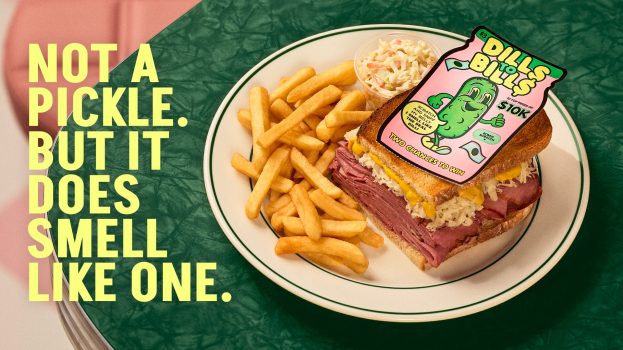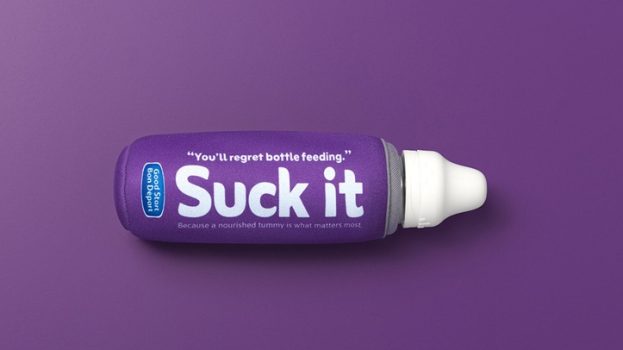Beyond Meat is hoping its first plant-based retail pork products will connect with urban grillers.
Beyond Sausage is made from plant-based ingredients without soy, gluten or GMOs, using peas and rice, coconut oil, beets and algae. The Los Angeles-based producer of plant-based meat substitutes is touting Beyond Sausage’s nutritional benefits, that it is free from hormones and antibiotics and also halal and Kosher-certified.
To promote the launch, Beyond Meat’s strategic marketing plan focuses on a combination of owned, earned and paid tactics that highlight the taste and nutritional benefits of Beyond Sausage, as past marketing has in order to entice those unfamiliar with or resistant to plant-based foods. But it is also promoting culinary versatility, showing itself as an alternative to traditional barbecue. The brand is deploying paid advertorial content partnership with an (unnamed) “leading Canadian publication” that includes articles and social content. In addition, along with agency Golin, it is launching a paid influencer campaign in the coming weeks focused on recipe testing at home and encouraging plant-based grilling this summer. Local foodie Pay Chen will be working with the brand on a partnership that includes TV recipe segments and social content.
Beyond Meat was one of the first plant-based brands to focus on “flexitarians” that wanted to reduce the amount of meat in their diet, instead of vegetarians and vegans. Now, Stuart Kronauge, Beyond Meat’s CMO, describes its target as “conflicted carnivores,” a segment that loves meat but is becoming increasingly uncomfortable with the environmental, health and animal welfare baggage associated with it, reflected in its brand promise, “Eat What You Love.”
But more specifically, it is targeting urban areas, where a large portion of its target market lives and smaller kitchens are more common, says Kronauge, and the product can be cooked on a skillet, grill or flat top. Social creative pairs the product with traditional meat-based fare like pizza and paella, as well as skewers and hero sandwiches.
Kronauge tells strategy that the Beyond Burger is currently the top plant-based burger sold in the meat case, accounting for 80% of overall refrigerated plant-based sales at one major, unspecified Canadian retailer, and says there is enough consumer demand to expand its product portfolio. The two Beyond Sausage products, which will be a permanent part of the brand’s lineup, are tailored to the Canadian palette – offerings based on the two most popular flavours of conventional pork products, mild and hot Italian sausage. On pack, it is playing up its protein content, much like Beyond Burger.
Beyond Sausage is sold in a compostable tray with four links within, its first product in Canada with compostable packaging and helping to further its sustainability objectives. Kronauge says addressing global resource constraints is one of its CSR pillars, and the brand emphasizes the relatively low environmental footprint of its manufacturing compared with conventional meat.
At shelf, the brand continues to display in the meat section as part of a play to make it seem like less of a “niche” product, with Beyond Meat branding and shelf dividers to drive awareness and recognition for new consumers, attract those curious about the buzzy brand and to differentiate from other plant-based products.
In-store, the brand has had to pivot away from its initial Beyond Sausage launch plans that included a nationwide in-store sampling program. It opted to instead leverage digital-focused opportunities, as well as work closely with retail partners to use other channels and programs to drive awareness with shoppers. For example, at Sobeys, it was able to be more prominently featured on the front page of its weekly flyer during the launch week, and will be featured in collaborative marketing efforts throughout the summer.
In a May conference call for its quarterly earnings, CEO Ethan Brown said the brand “saw a strategic opportunity to encourage consumer trials during this [COVID-related] period of disruption in the animal protein market,” where some stores faced shortages in the meat aisle and opened up a door to new customers. He says that in the U.S. it is introducing lower-priced bulk value packs to grocers and will introduce “heavier discounting against animal protein” to take advantage of the opportunity.


























